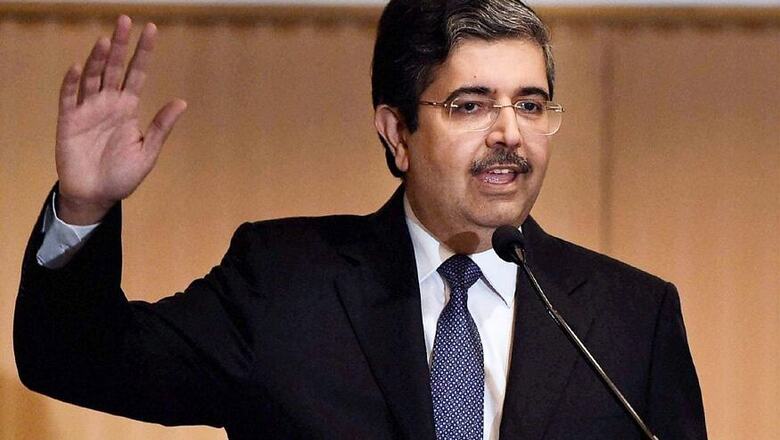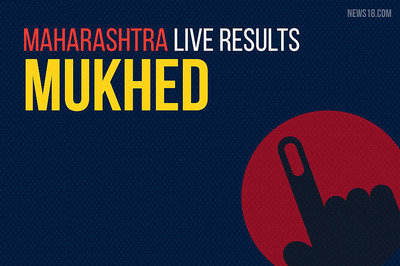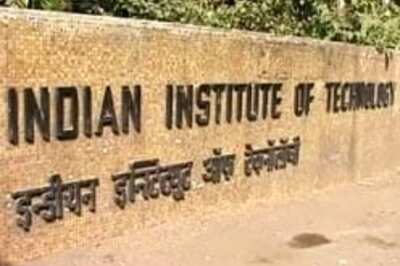
views
The banking laws are aimed at protecting depositors and nothing should be done to jeopardize their interest, newly elected CII president Uday Kotak has said, as the Supreme Court looks into the matter of interest waiver during moratorium period.
Terming banks as converters, the seasoned banker said, depositors' money is lent to borrowers and money earned from borrowers are paid as interest to savers.
"The Banking Regulation Act is an Act made primarily for protection of depositors' money. Therefore we should not be doing anything, which hurts the depositors' money," he told PTI in an interview.
The Supreme Court is currently looking into a petition that has challenged the March 27 directive of the Reserve Bank of India, under which interest will accrue during the three month-moratorium period on repayment of loans by borrowers - hurt by coronavirus outbreak and the subsequent lockdown.
In its submission to the Supreme Court, the RBI on June 4 said the benefit and intention of the moratorium given to the borrowers, facing the heat of coronavirus, was to provide a brief interlude in payment pressures and not to waive any payment obligation of the borrowers.
"I am glad that the RBI has taken a position and I support it fully," Kotak said, adding the lender, which has lent money borrowed from depositors, would face problems if the interest was not paid during the moratorium period.
Meanwhile, the apex court asked the Solicitor General Tushar Mehta to file the response from the government side on the issue by June 12.
Kotak, who is managing director of Kotak Mahindra Bank, further said, there is need to follow right prudential policies especially in these difficult times otherwise it could lead to very significant systemic long term challenge in the financial sector.
"I would strongly request the policymakers to ensure fundamental prudence in the decision making...you will see a very significant systemic long-term challenge in the financial sector if we don't get our prudential policies right. Therefore, I think it is very important for both the government and the RBI who have a strong defense in the Supreme Court to ensure that proper interpretation of law happens," he said.
With regard to stress in the NBFC sector, Kotak said there are three issues including asset side problems.
"Many NBFCs have very large exposure against land and real estate, and some have very large exposure against unsecured consumers. So, there is a concentration issue which they are facing on the asset side," he said.
The second issue with the sector is governance, and they have to raise the curve on governance, Kotak added.
"And finally, on the liability side, they have depended too much on the mutual fund industry for their funding. They need to diversify their funding base. If they do these three things, I think NBFCs will do better with these corrections," he noted.
Non-banking finance companies (NBFCs) or shadow banks have been facing a liquidity crunch since the IL&FS crisis, which began in September 2018.
Immediately after the IL&FS crisis, NBFCs faced severe liquidity crunch as mutual funds (MFs) stopped refinancing their loans.




















Comments
0 comment